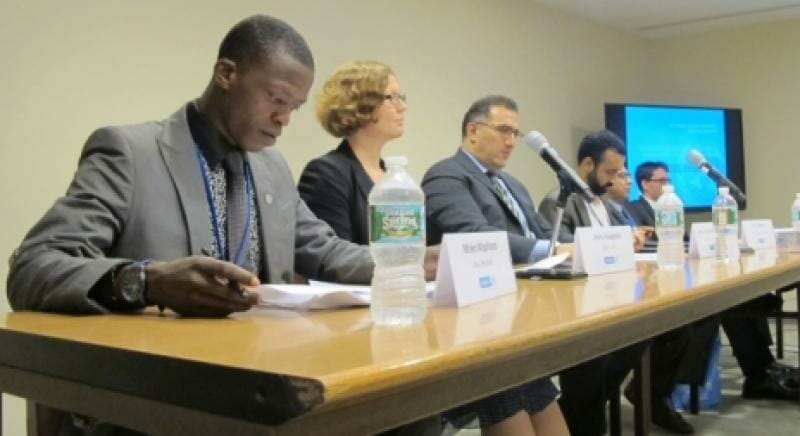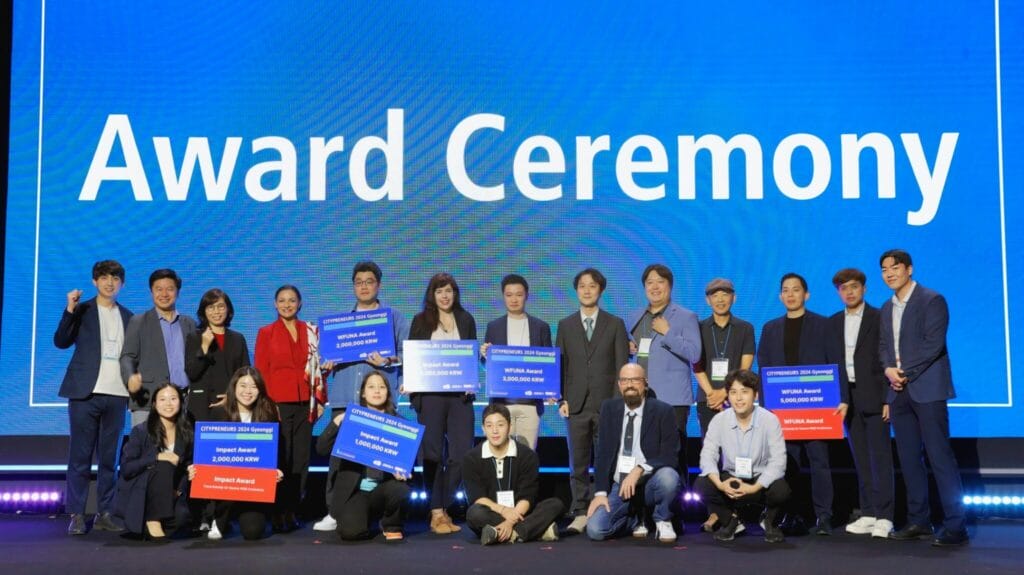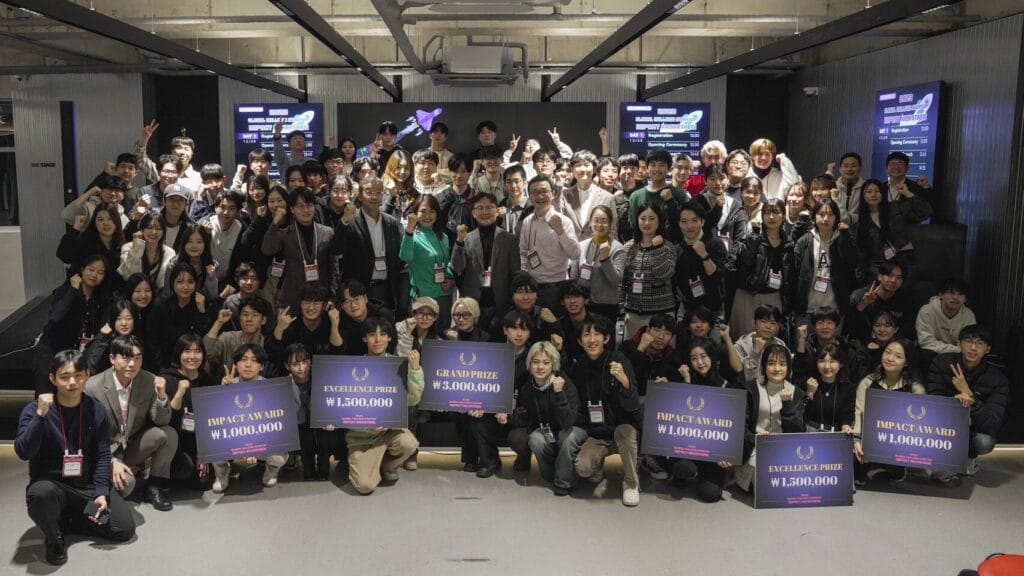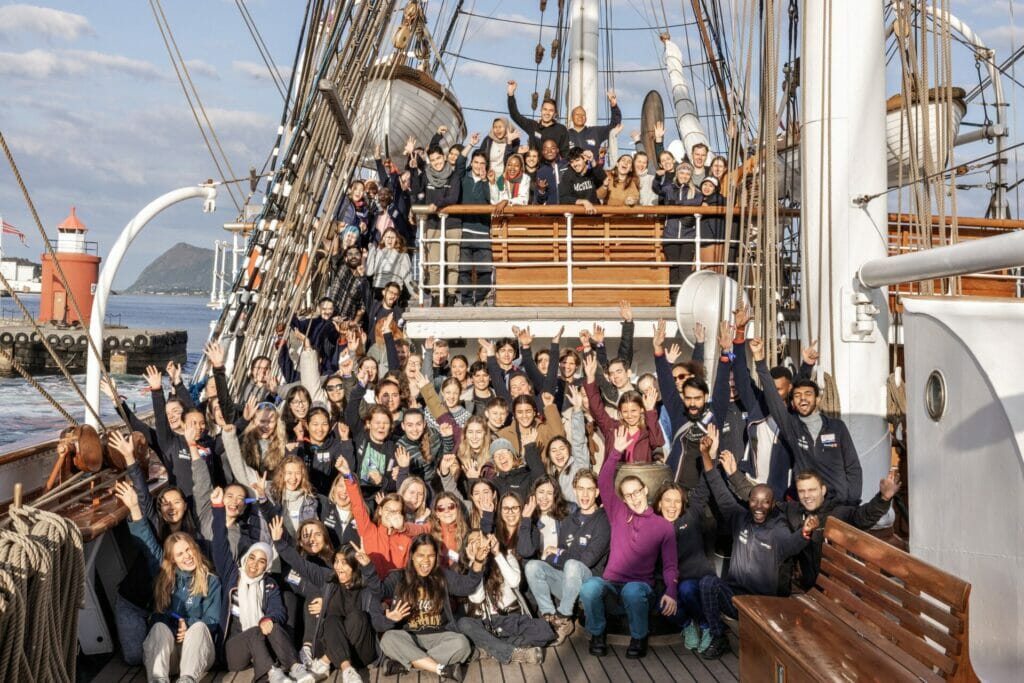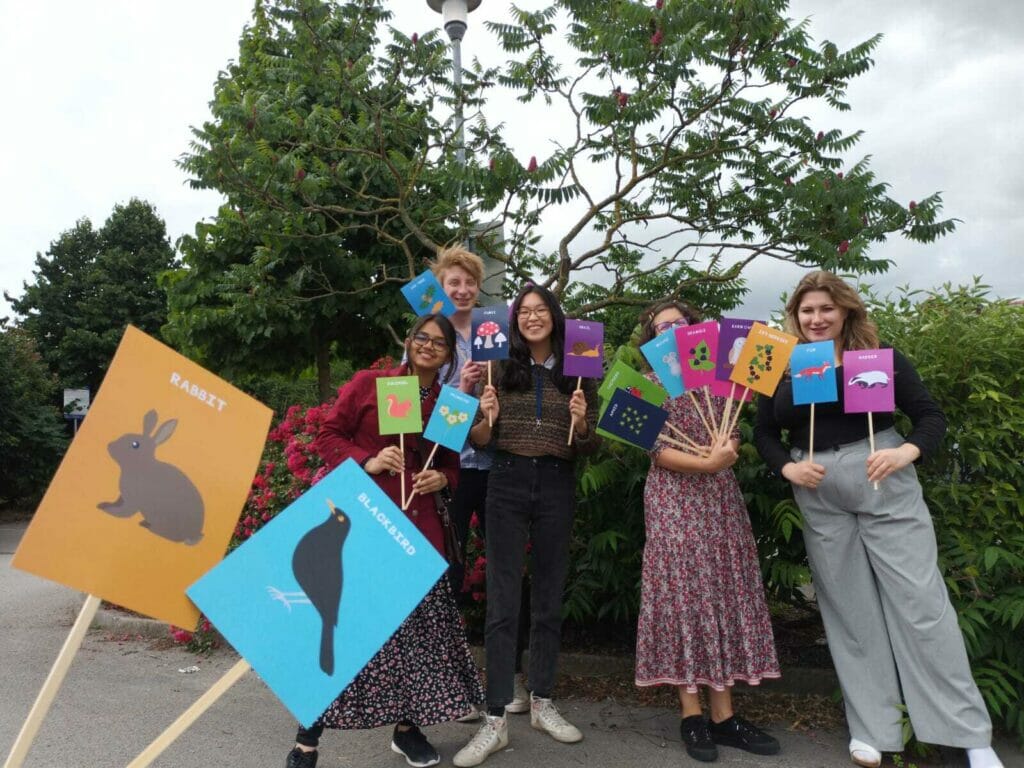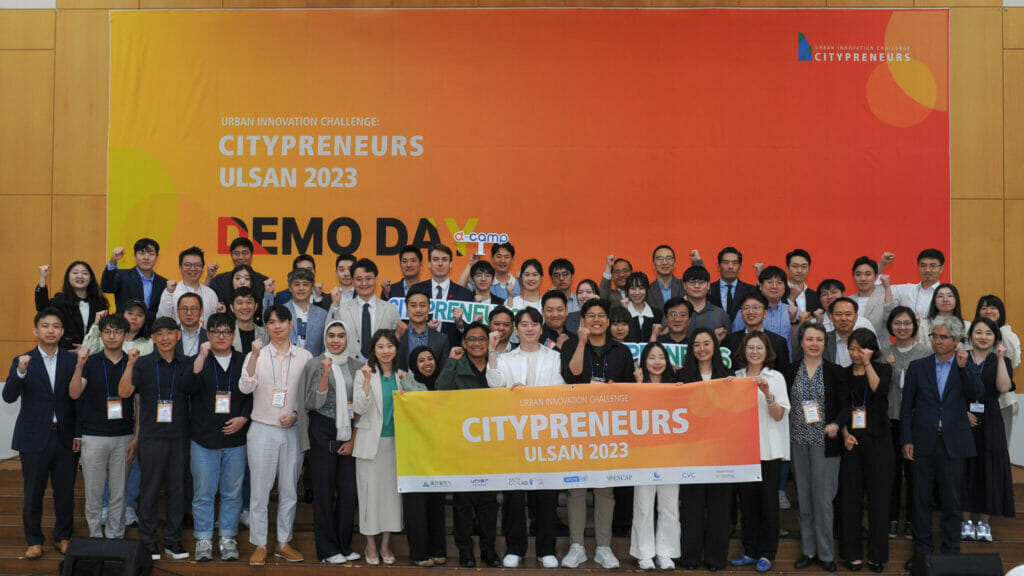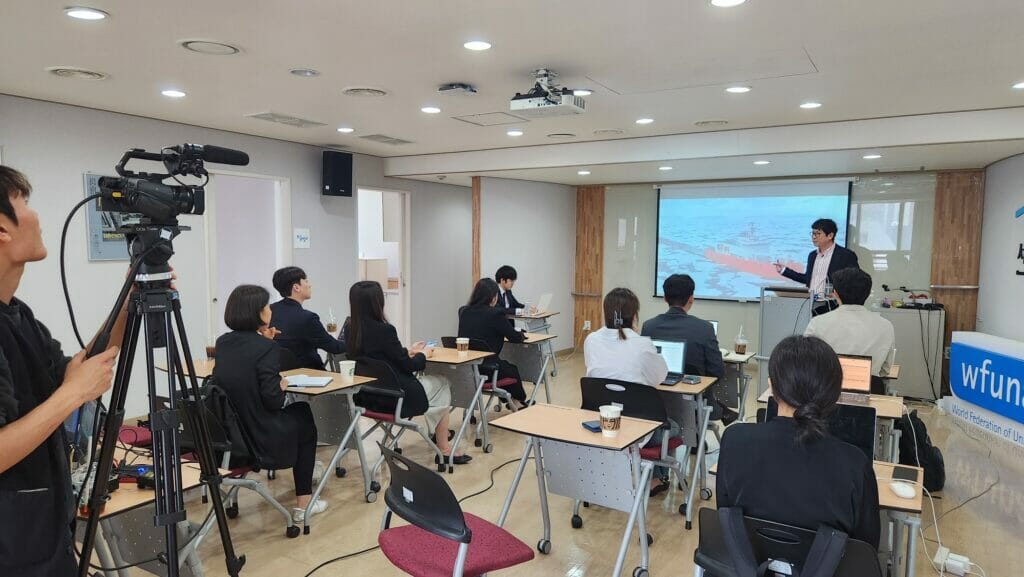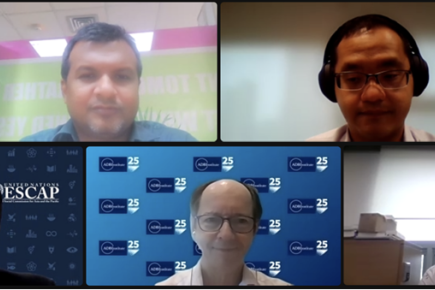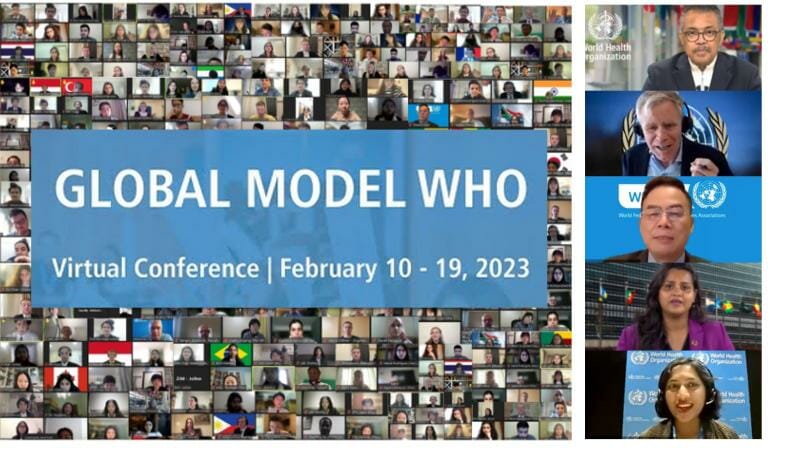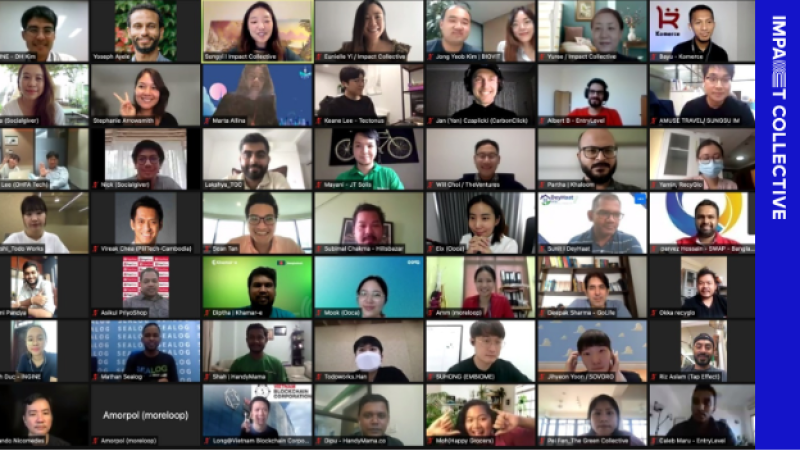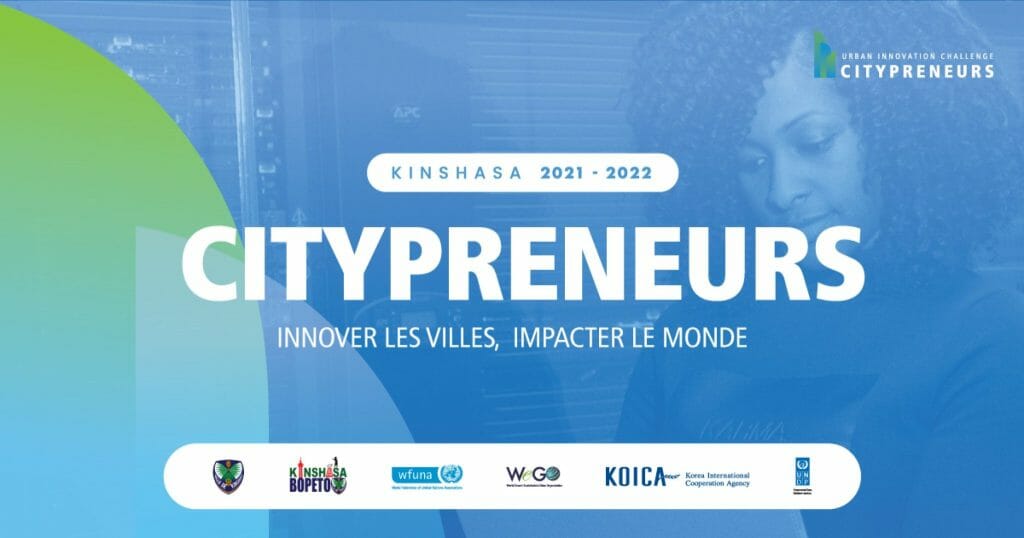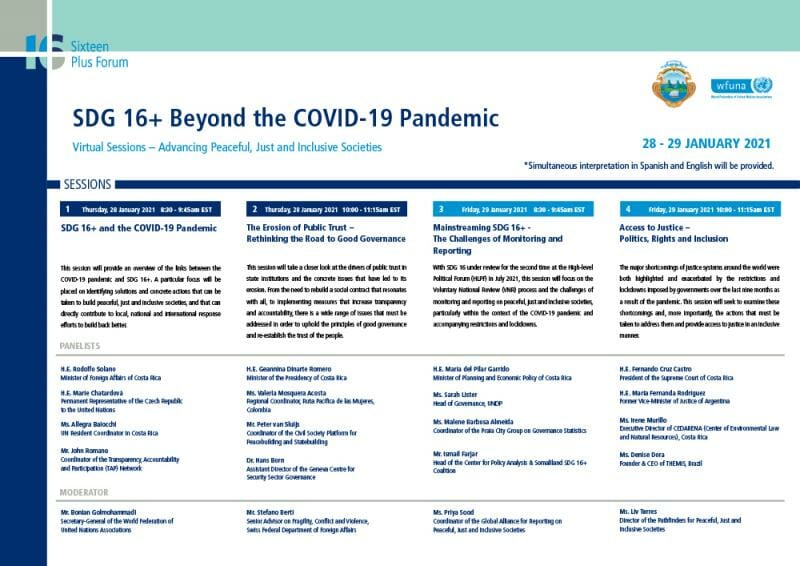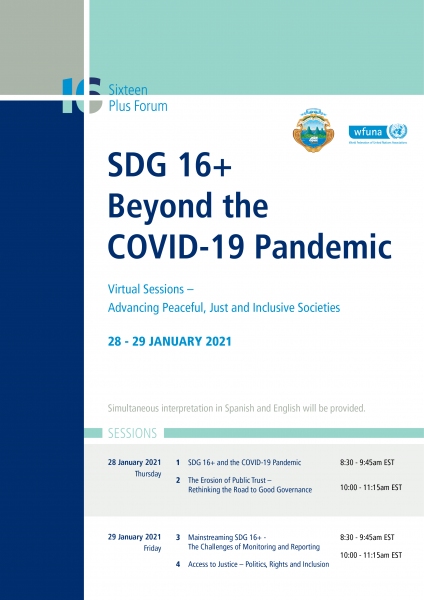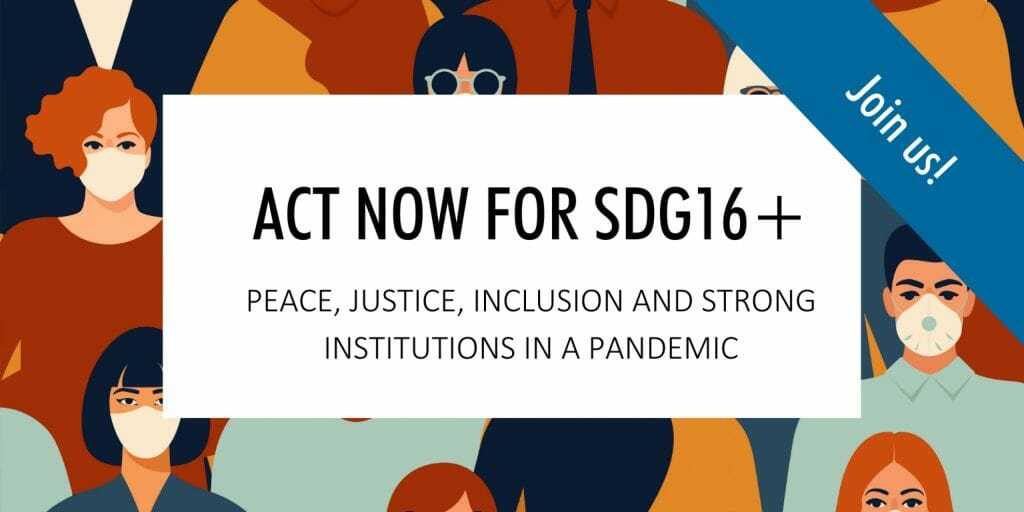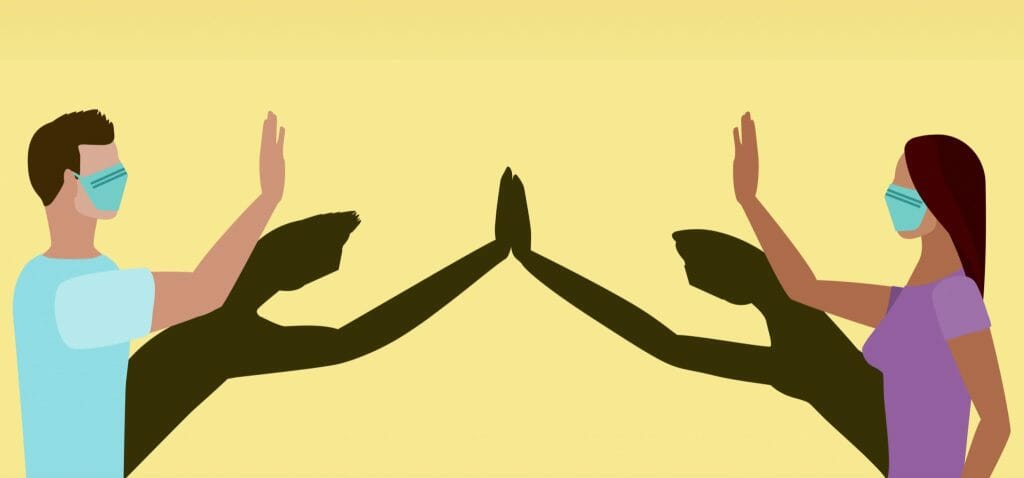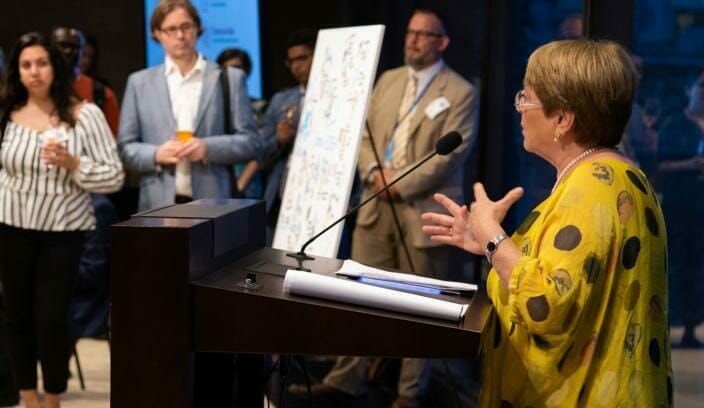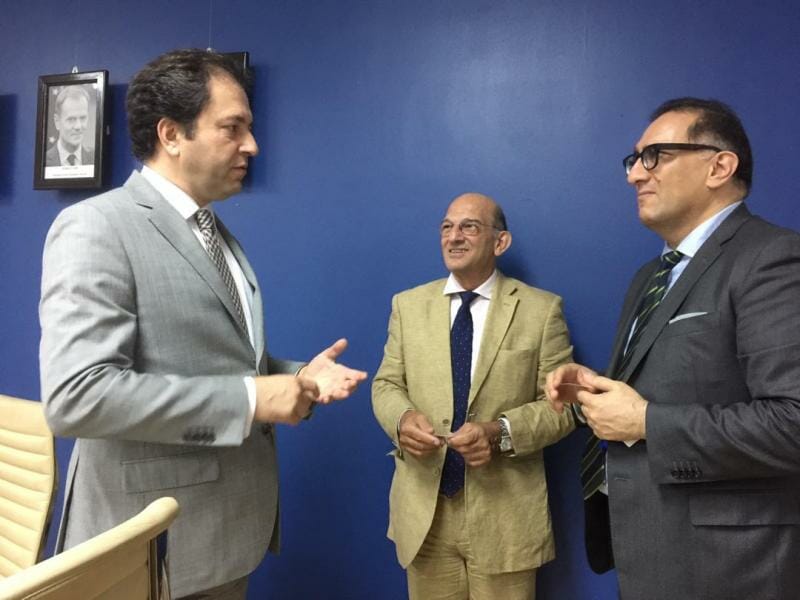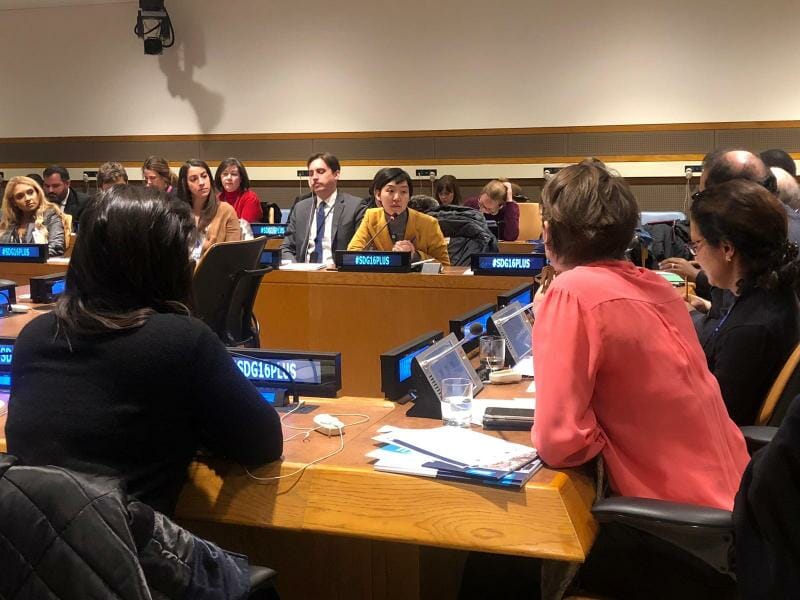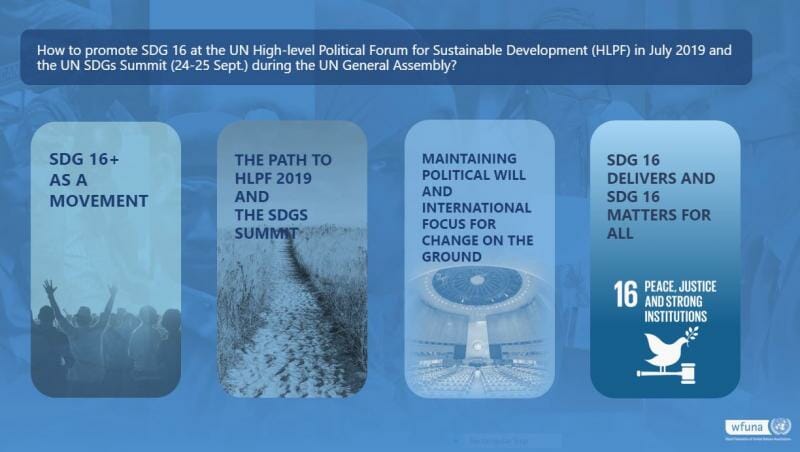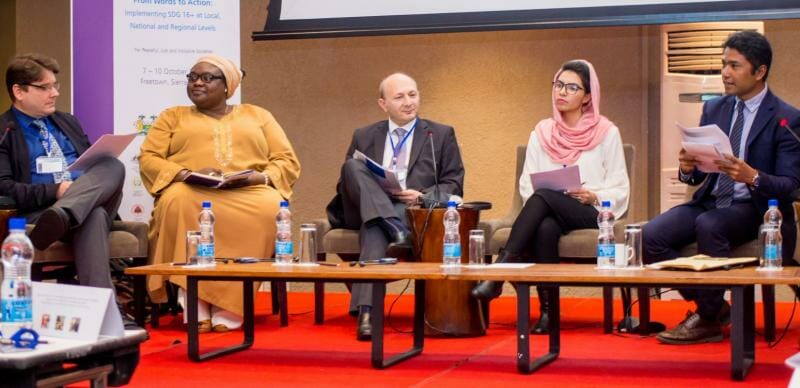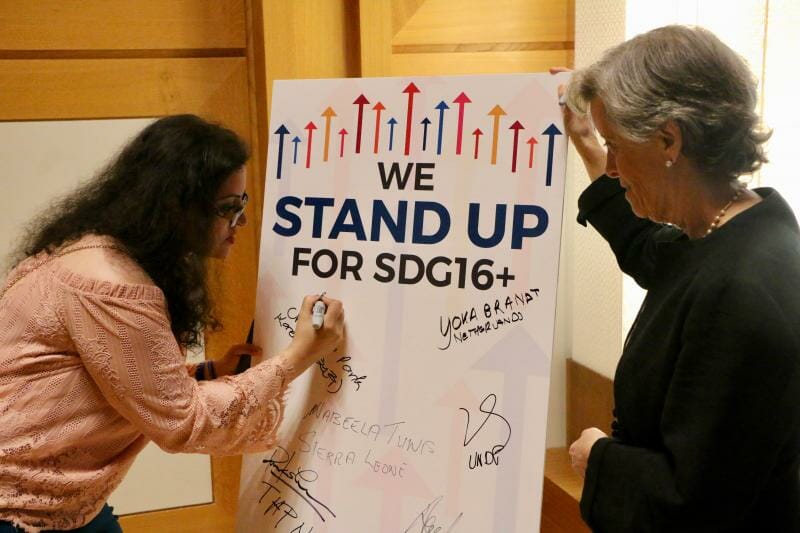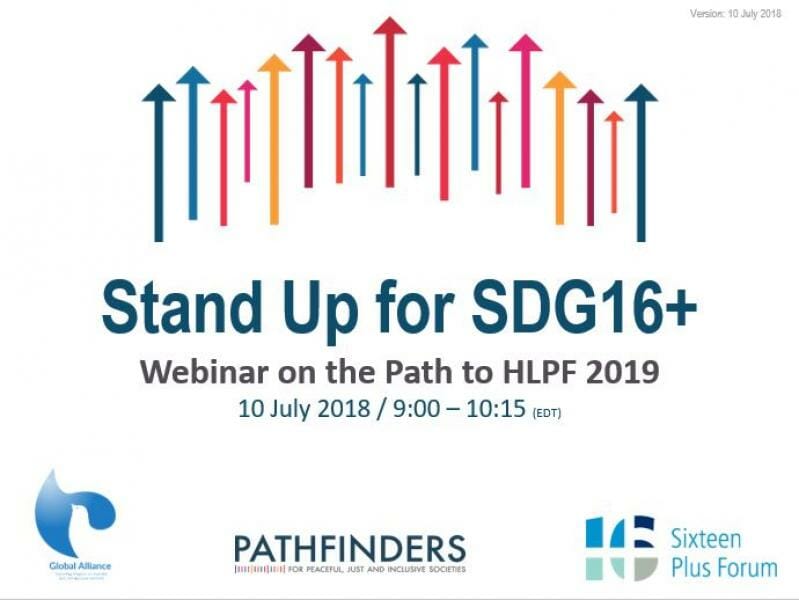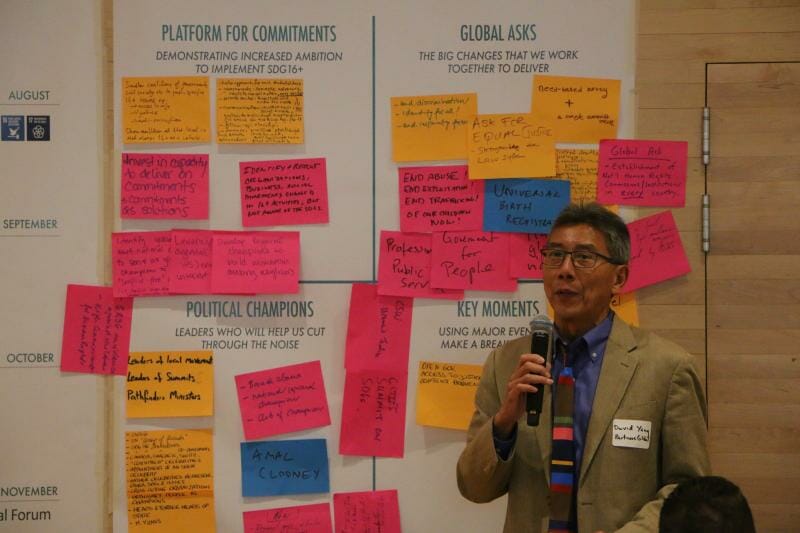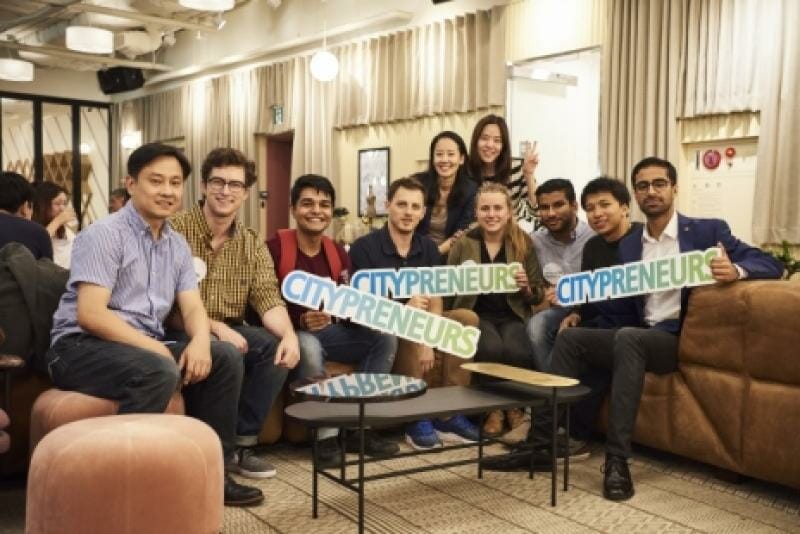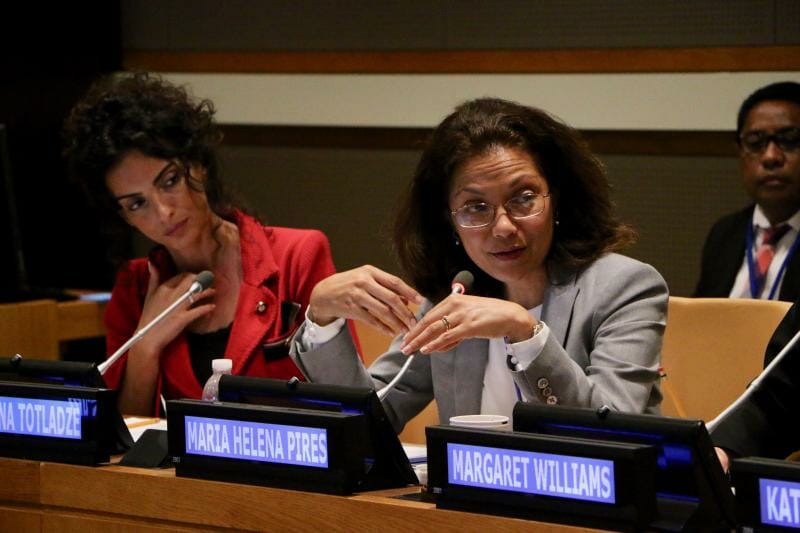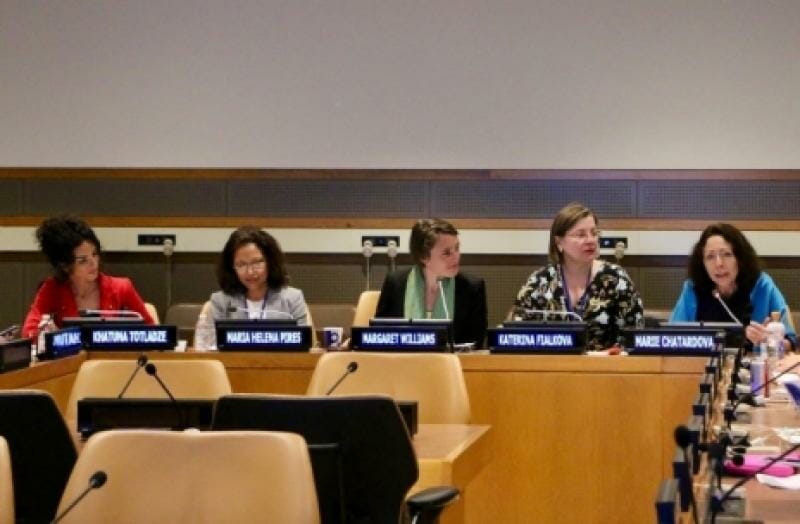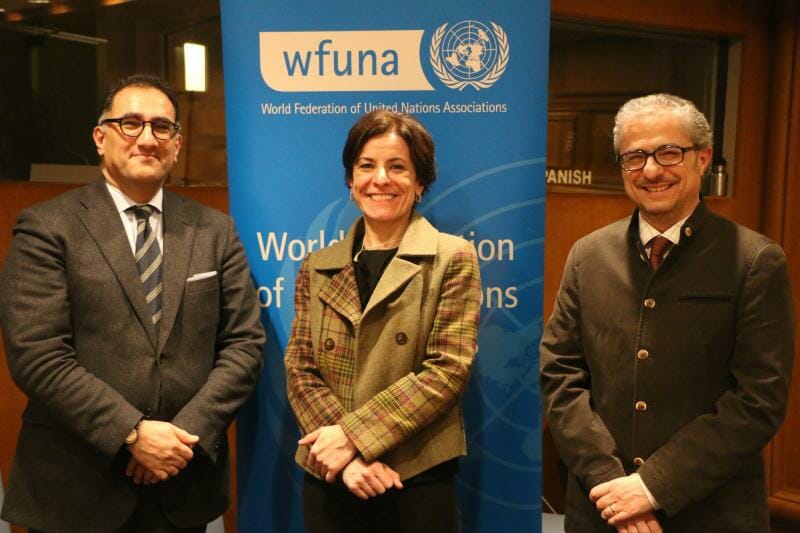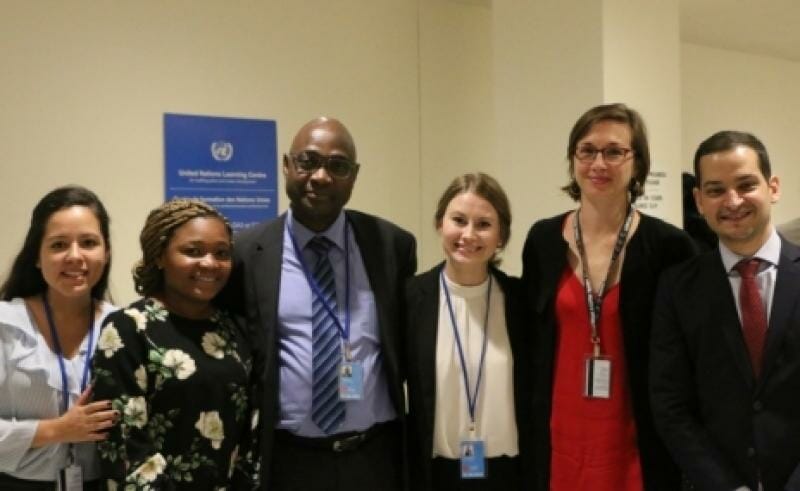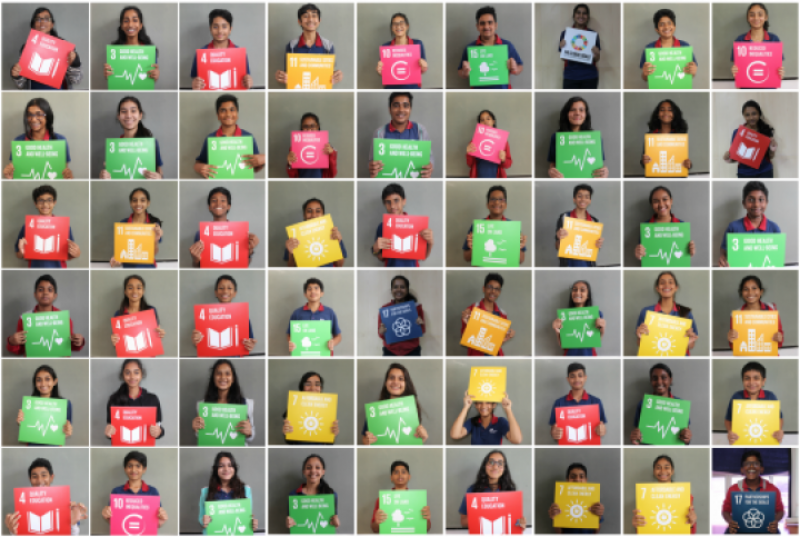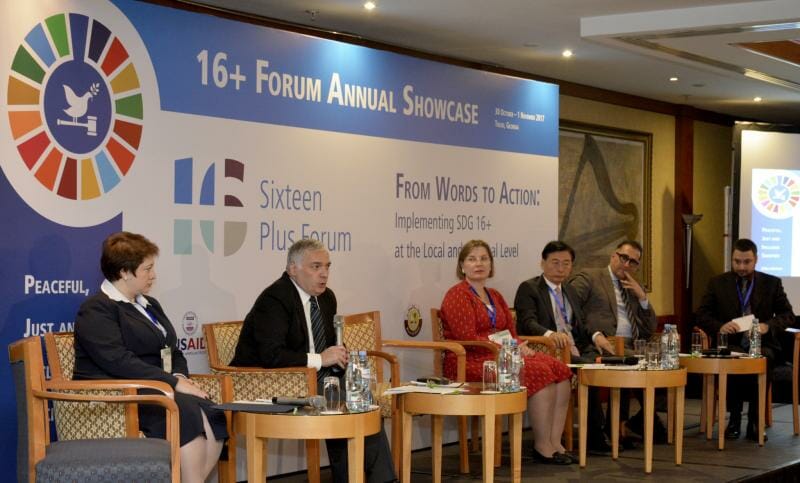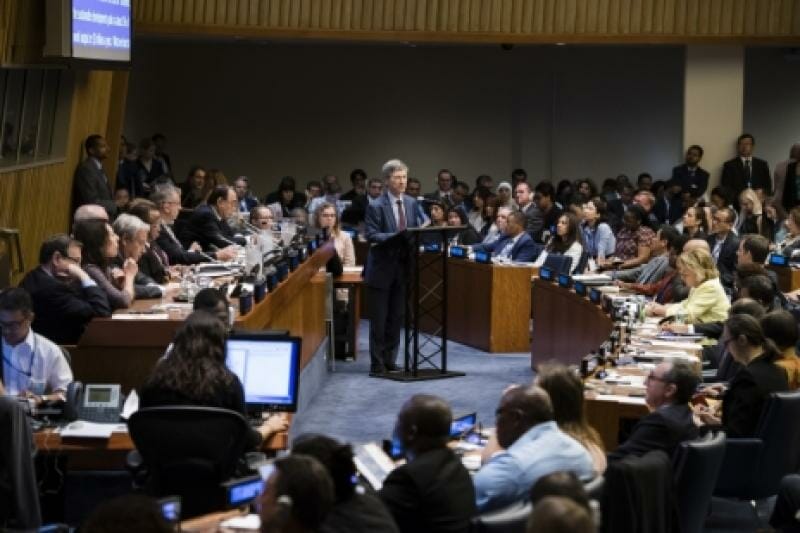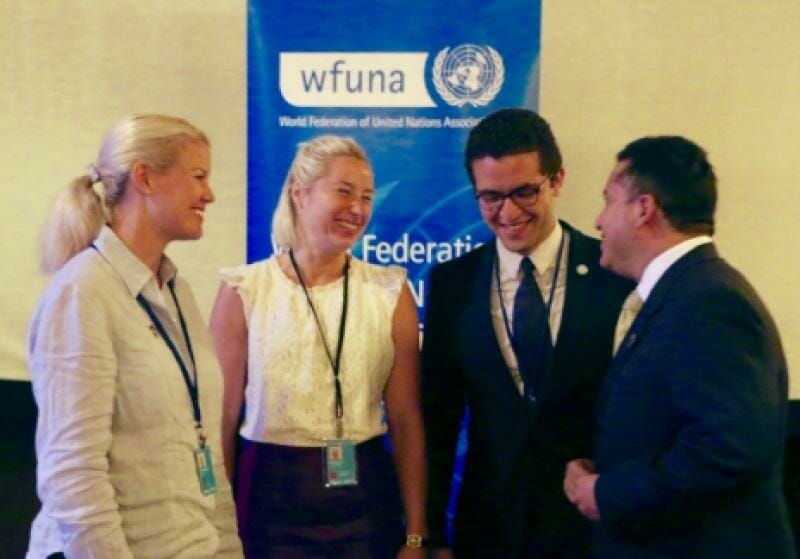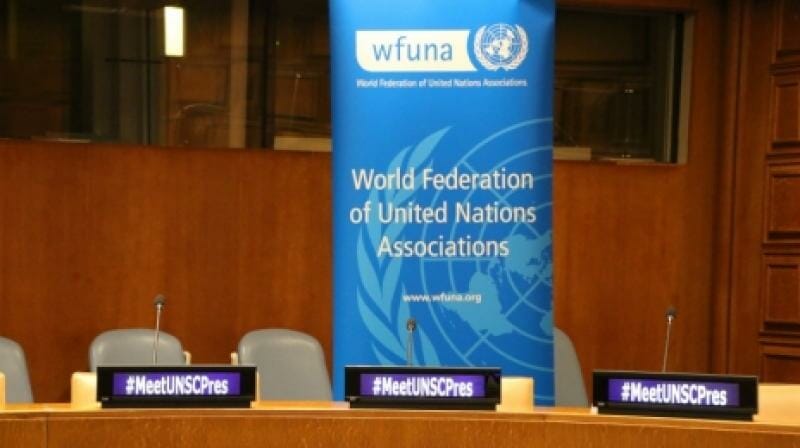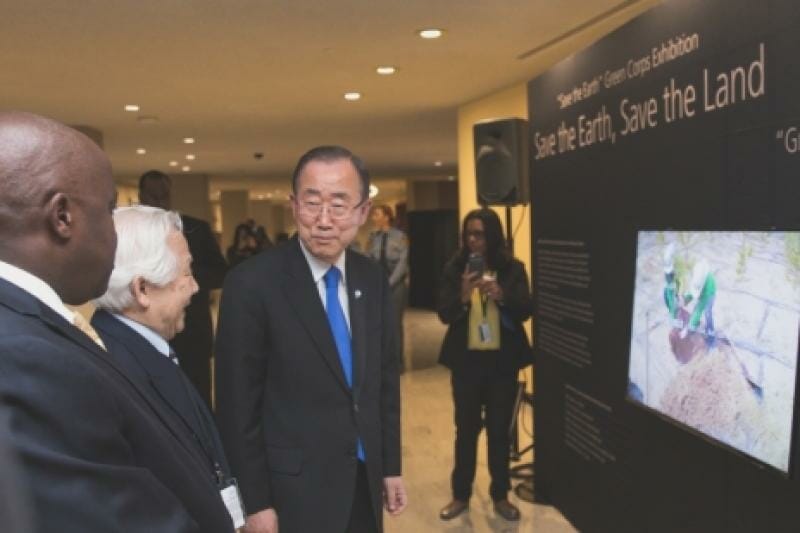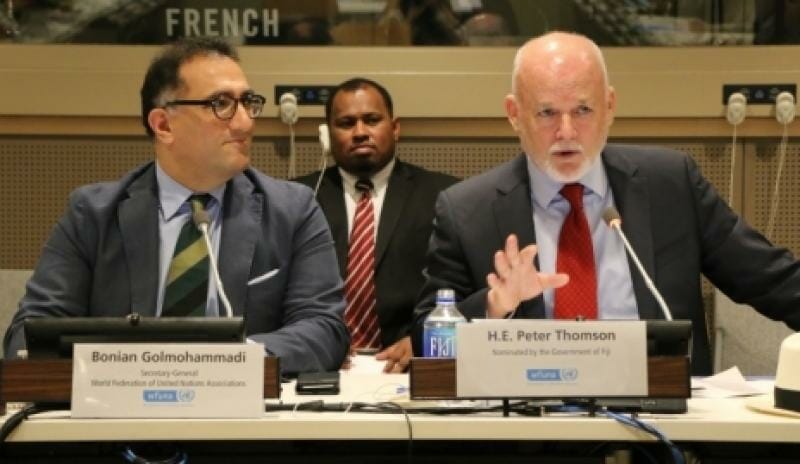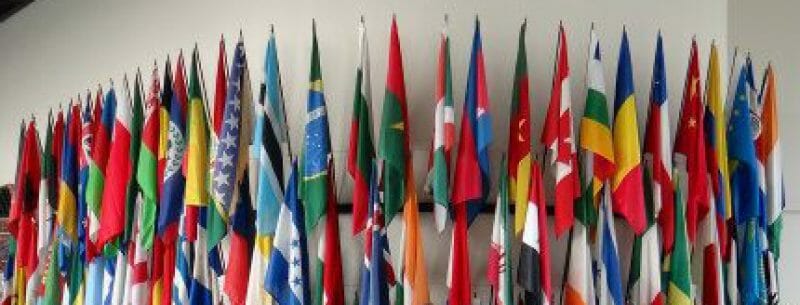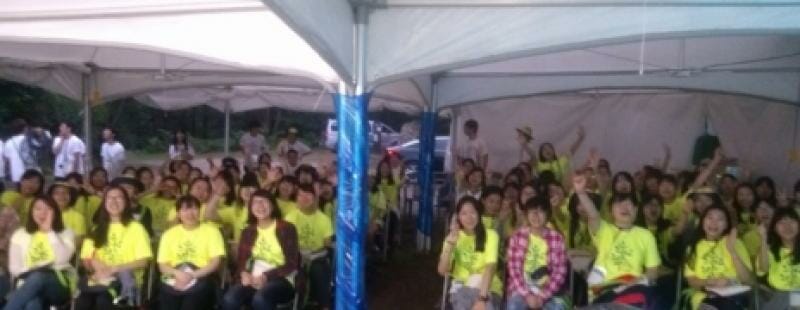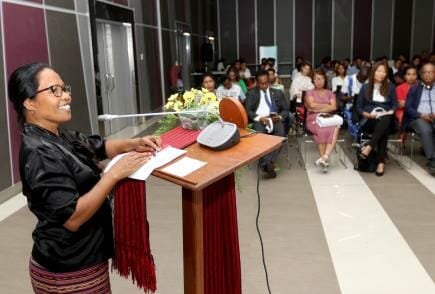TUESDAY, SEPTEMBER 2, 2014
NEW YORK — WFUNA hosted two workshops around the conference theme of civil society’s role in the post-2015 development agendaas part of the 65th Annual UN DPI/NGO Conference from 27-29 August 2014 at UN headquarters in New York.
Moderated by WFUNA Secretary-General Bonian Golmohammadi, the morning workshop featured leaders from four UNAs from the Dominican Republic, Finland, Suriname and Zimbabwe, who each shared their best practices and approaches to engaging civil society in their respective countries around the post-2015 agenda.
Our Sustainable Development Officer Ryan Laddey shared his perspective of the workshop:
In the discussion, the panelists agreed that civil society must be engaged to ensure the Post-2015 agenda benefits the people it is intended to serve. Panelists from the Dominican Republic and Zimbabwe particularly stressed the engagement of youth, since they will most impacted by the Post-2015 agenda. Mcleo Mapfumo, Youth President of UNA-Zimbabwe, pointed to the fact that leaders in office today may not be there 15 years from now. He reflected, “If I cannot contribute to the discussion of my future, who will?”
Emil Chireno, Executive Director of UNA-Dominican Republic, discussed the best strategies to engage civil society. He commented, “Institutional outreach is key, as is identifying key actors. Forming strong relationship with schools and universities is also crucial.”
Dr. Roy Bhikharie also presented on the sanctioning of decent work in the Post-2015 agenda. He concluded that the United Nations has overlooked the sanctioning of decent work, but it is important to eradicating poverty and hunger, making globalization incluvise, fair and transparent and restoring human dignity. Therefore, it must be included in the Post-2015 agenda.
Many attendees stressed the importance of building partnerships between UNAs and other NGOs because UNAs are working full-time on UN issues. UNAs also have great potential to bring grassroots voices into the discussion, which was evidenced by UNA-Finland’s work with Masai women in Tanzania. Attendees from various organizations, such as faith-based groups, showed interest in connecting with UNAs, but they were not aware of their activities. The workshop gave these organizations the opportunity to connect.
The afternoon workshop, which was also moderated by Mr. Golmohammadi and included David Alpher of Saferworld and Anne Poorta of the Permanent Mission of the Netherlands to the UN, reflected upon the question addressed by our Freedom from Violence project: Should there be a goal on peaceful societies in the post-2015 development agenda? (Our answer: Yes). Our Conflict Prevention Officer Laura Spano shares her observations of the workshop as one of the panelists:
It was incredible to see a turnout of over 90 people to our workshop which asked the question – Should there be a goal on peace and security in the post-2015 development agenda? Although the answer may seem obvious to many, not everyone has been in favor of a goal. This set the stage to analyze the challenges and contentious issues that both supportive governments and civil society organizations advocating for this may face. The majority in the room were, however, supportive of the goal and for most, it was clear that question was more along the lines of How should we include a goal on peace within the development agenda?
An interesting debate, which was also reflected the discussions in the OWG, emerged over whether there should be one goal or two: a goal on “Peaceful and Inclusive Societies” and a goal on “good governance.” Most suggest two goals would focus attention on each area and manage the implementation of each as these two are heavily interconnected. Having two separate goals may lead to losing one or both; the jury seemed out on the preferred option. Importantly, the audience questioned the universality of the goal and it was highlighted that the targets are relevant to both the developing South and the North. We cannot ignore the issues of violence and building strong institutions that Western countries also face.
Lastly the discussion of human security emerged, which previously has only been touched upon briefly as many are concerned the use of the term “human security” would scare people away and security issues themselves are dealt with by the UN Security Council. This aside, the workshop showed that the type of violence impacting development the most is everyday violence that affects all of us and not the violence we see in conflict zones. It seemed evident that for most people, some or all of the targets, should be strengthened in some way but feel hearted to see these issues on the agenda.
We hosted two successful workshops at the 65th Annual UN DPI/NGO Conference on 28 August 2014 at UN Headquarters in New York City. The first morning workshop gathered four UNAs from the Dominican Republic, Finland, Suriname and Zimbabwe to share their best practices on how to engage civil society around the post-2015 development agenda. The second afternoon workshop reflected upon the question addressed by our Freedom from Violence project: Should there be a goal on peaceful societies in the post-2015 development agenda?


